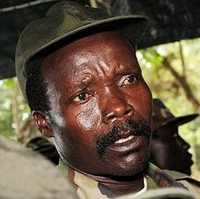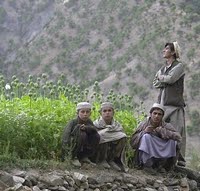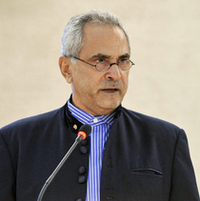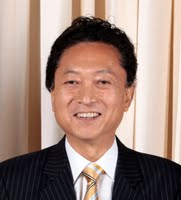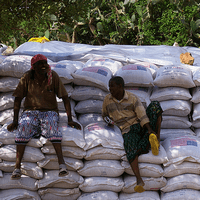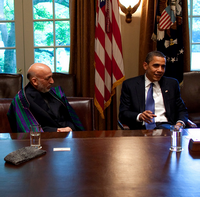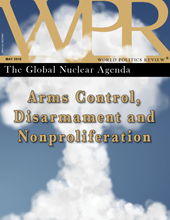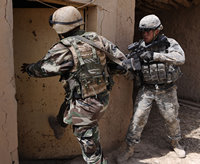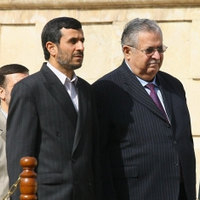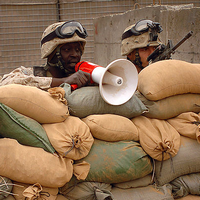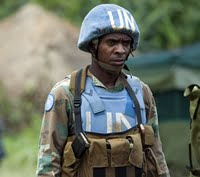
Congo wants the U.N. peacekeepers out. Eleven years after one the world’s biggest peacekeeping forces deployed to the Democratic Republic of Congo in a bid to tamp down on insurgent violence and oversee the resolution of a bloody civil war, DRC President Joseph Kabila has grown uncomfortable with the sometimes corrupt and ineffective blue-helmeted troops. “Don’t do anything for us,” Lambert Mende, Kabila’s information minister, told the U.N. “We will do it ourselves.” Kabila’s call for an end to the Mission of the U.N. in Congo (MONUC) comes at a time of renewed international interest in the DRC’s overlapping conflicts, […]

